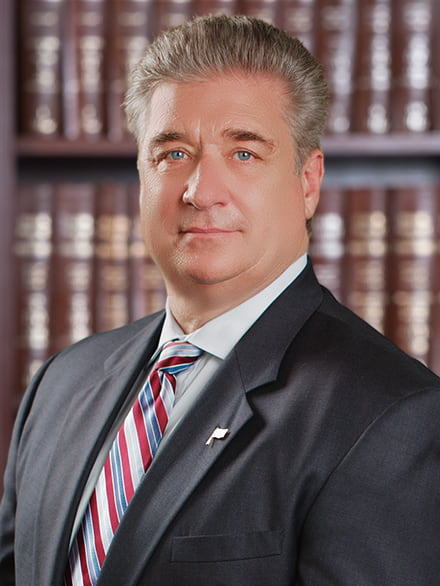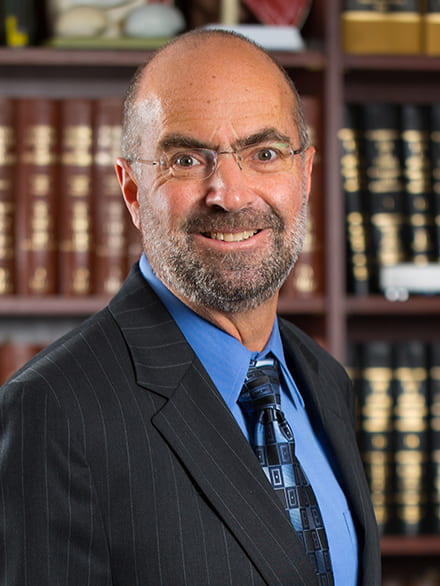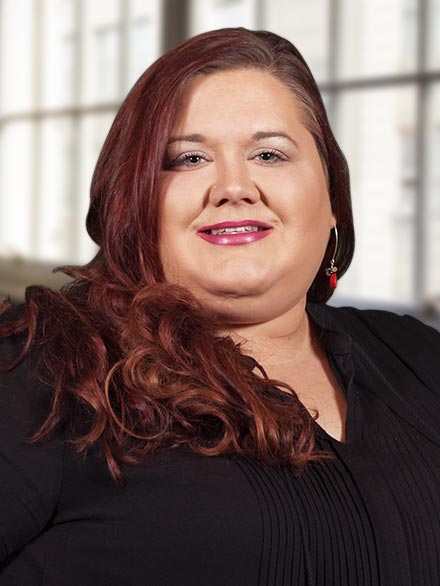Service-Related Conditions for Gulf War Vets
Dedicated attorneys fight for disability benefits for Gulf War Syndrome
Many veterans started to experience negative health effects shortly after their service in the first Gulf War in 1990. When Operation Desert Shield became Desert Storm, troops were exposed to more than the rigors of combat. They faced rugged desert terrain, a harsh climate and toxicity from weapons as well as deliberate environmental sabotage. This confluence of exposures manifested itself as Gulf War Syndrome among many veterans, with debilitating physical and psychological symptoms. Although the military and the VA resisted recognizing Gulf War Syndrome, the VA does recognize a long list of exposures for Gulf War vets. At Marcari, Russotto, Spencer & Balaban, our attorneys want you to be fully informed, so you can have greater success filing for the benefits you deserve.
Exposures and risks for Desert Shield/Desert Storm veterans
As regards claims of Gulf War Syndrome, the VA and several research organizations continue to evaluate possible causes of what they term “chronic multi-symptom illnesses” among Gulf War vets. The VA does presume that certain medically unexplained illnesses do relate to Gulf War service. The recognized exposures which are suspected of causing disease include:
- CARC paint — Chemical Agent Resistant Coating protects military vehicles against corrosion and chemical weapons. Troops who come into contact during the painting or drying process, or while welding or sanding finished vehicles can develop respiratory ailments.
- Chemical and biological warfare agents — U.S. service members demolished rockets filled with sarin and cyclosporine mixes at a munitions storage depot in Khamisiyah, Iraq following the 1991 cease-fire. VA estimates that as many as 100,000 Gulf War veterans could have been exposed to low levels of nerve agents.
- Depleted uranium — The military uses depleted uranium in armor-piercing projectiles. Depleted uranium is much less radioactive than natural uranium but its chemical toxicity is just as severe. Serious health consequences result from internal exposure through wounds, inhalation or ingestion.
- Heat stroke and dehydration — Soldiers who endured extreme desert temperatures under layers of protective equipment and inside sealed vehicles suffered heat injuries that can have lingering effects.
- Infectious diseases — The VA lists numerous diseases, such as West Nile fever, that can have a disabling impact.
- Noise — Explosions and loud weapons fire can cause hearing loss and contribute to post-traumatic stress disorder.
- Occupational hazards — Military deployment can bring troops into contact with toxic industrial chemicals.
- Oil well fires — The retreating Iraqi army set fire to oil wells between February and November of 1991, unleashing toxic plumes.
- Pesticides —The military employed several categories of pesticides and insect repellants during the conflict. Although some troops reported acute reactions, the Presidential Advisory Committee reports that it is unlikely that lingering health effects among Gulf War veterans are related to pesticide use.
- Pyridostigmine Bromide (PB) — Although this anti-nerve agent drug was widely used during the conflict, there are no documented long-term side-effects.
- Sand, dust and particulates — Inhalation of desert particulates can cause serious lung conditions.
- Toxic embedded fragments — Shrapnel entering the body of a soldier can introduce toxic chemical agents to the soldier’s bloodstream.
- Traumatic brain injury — Concussive force or penetration of the skull due to explosions or projectiles, destroy brain tissue and produce a variety of disabling symptoms.
- Vaccinations—Soldiers received the standard series of immunizations against infectious disease. But many troops received additional shots for Anthrax and Botulinum toxoid to guard against possible germ warfare.
Veterans who have questions about a medical condition should contact the VA for further information. If you have been denied VA benefits or were assigned a disability rating that is insufficient, Marcari, Russotto, Spencer & Balaban can effectively manage your appeal without any upfront legal fees.
Contact a VA benefits lawyer with Gulf War illness experience
If you or a veteran you love is suffering from a condition related to service in Desert Shield or Desert Storm, Marcari, Russotto, Spencer & Balaban may be able to help. We charge no legal fees unless we secure the benefits you deserve. Call us today at 866-866-VETS or contact us online.








